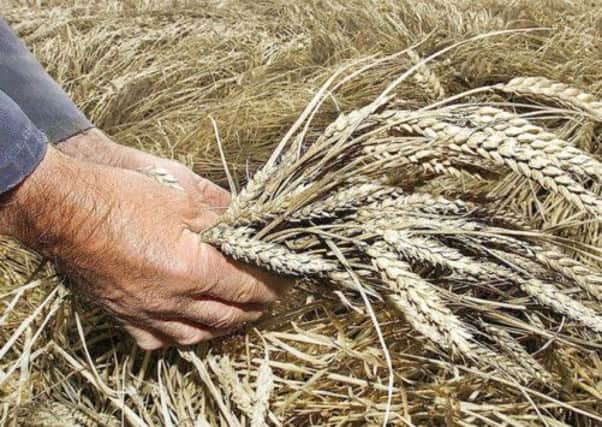Move to demote land studies sparks anger


The Government is planning to drop BTECs in land studies, including horticulture and agriculture, from school league tables in 2015 in a move to recognise only high quality vocational courses that lead directly to a skilled trade or profession.
But the proposal has been met with anger from educationalists teaching agricultural courses and a petition has been launched to fight the move.
Advertisement
Hide AdAdvertisement
Hide AdACRE (Action with Communities in Rural England), the national umbrella body for the 38 charitable organisations who make up the Rural Community Action Network, is backing a campaign by a Somerset school calling on the Government to change its mind and has called on communities nationwide to show their support to help secure the future of land-based studies in schools.
A Department for Education spokesman said: “We strongly believe that vocational education needs transforming for young people to succeed in today’s job market, which is why we have overhauled the system to recognise only high quality vocational courses that lead directly to a skilled trade or profession.
“The existing land-based qualifications do not meet our tough new standards and whilst schools can still teach them they will no longer be recognised in performance tables. We are working with exam bodies and employers to make sure that high-quality qualifications are developed in all sectors, including land-based.”
But some teachers believe they will be forced to axe land-based studies from the curriculum so that their schools’ position in the Department for Education’s performance tables are not jeopardised.
Advertisement
Hide AdAdvertisement
Hide AdBishop Burton College in Beverley runs numerous agricultural and land-based courses for students and Bill Meredith, the college’s vice-principal, described the proposal as “deeply concerning”.
He said: “Our land-based sector needs to fight tooth and nail against this because we need our schools to continue to engage in linked courses doing land-based education because it puts young people on a course for real jobs. These young people want a qualification and they need to be getting hands-on practical skills.”
He said land-based jobs have been relatively unaffected by the economic downturn so there are jobs out there for young people, while it was vital future generations of agricultural workers were found because the average age of people employed in the farming industry was close to 60.
The agricultural sector is also a key driver of the UK’s economy, he said, so the value of qualifications for people wanting to progress into land-based careers had to be protected.
Advertisement
Hide AdAdvertisement
Hide Ad“These young people prefer to do a vocational qualification rather than being put down a more academic route that doesn’t suit them.
“It’s not too late to change these very fixed opinions. We’ve seen the Government change its mind before.”